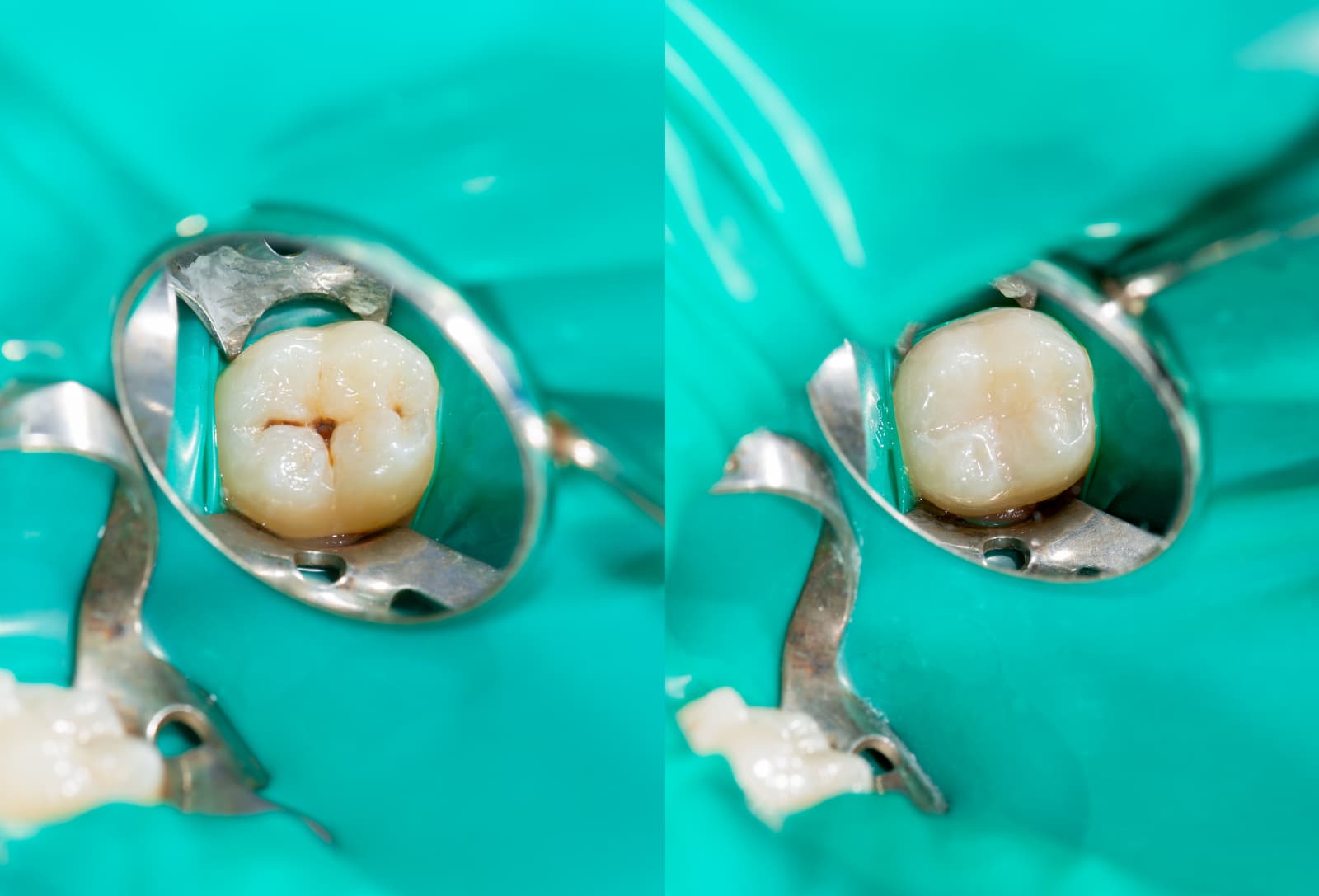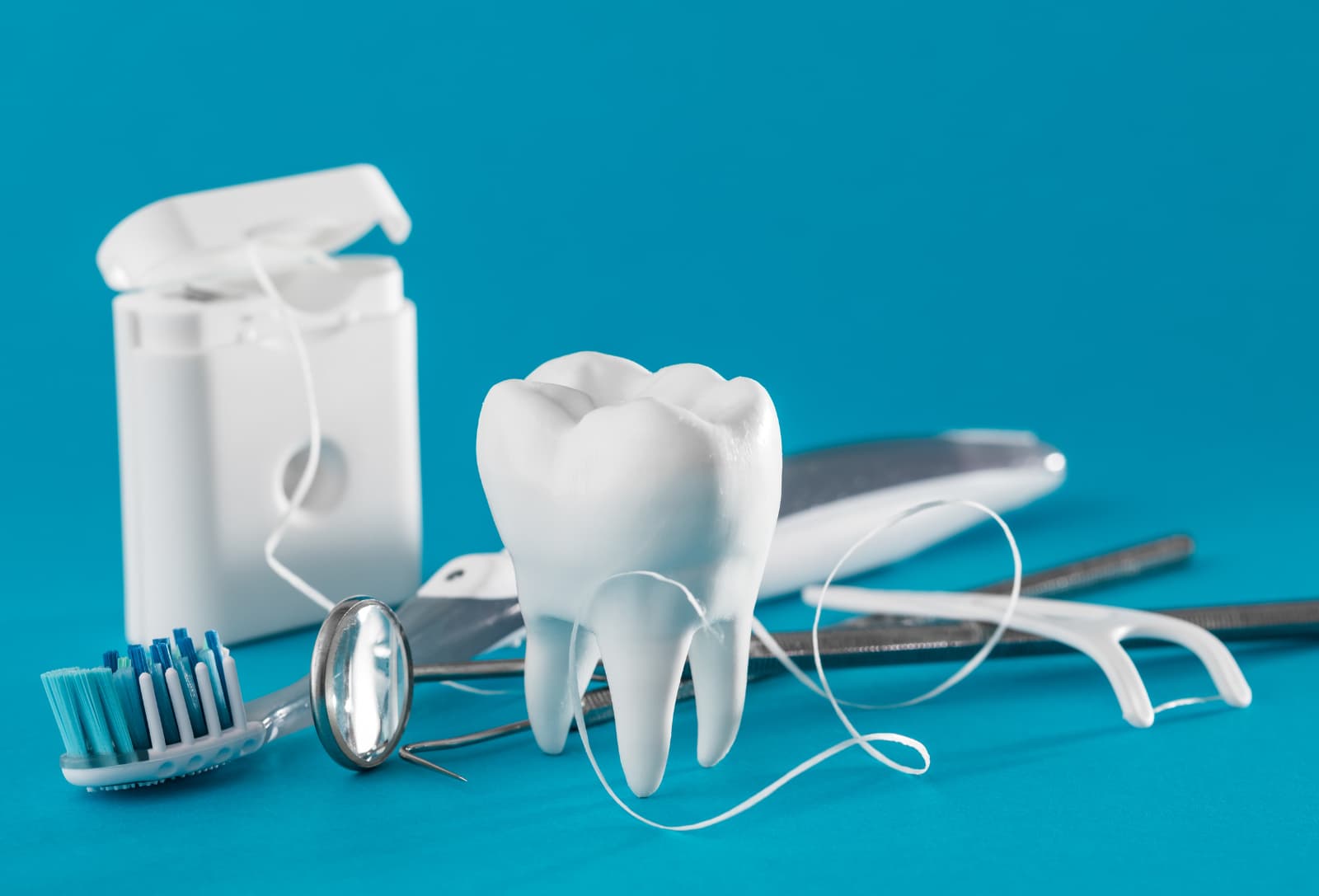TEETH - STRAIGHTENING TREATMENT
SERVICES
RESOURCES
SHOP
MEDICAL CERTIFICATIONS
Certifications ensuring safety, quality, and compliance with global standards.
Certifications ensuring safety, quality, and compliance with global standards.
Cavities and tooth decay are among the most common oral health problems worldwide. They occur when the hard surface of your teeth, called enamel, is damaged by acids produced by bacteria. Over time, these acids can create tiny holes (cavities) that grow larger and deeper if left untreated.
Tooth decay can affect anyone, but the good news is it’s both preventable and treatable when detected early.
The cause of cavities begins with a simple chain reaction in your mouth:
Common Risk Factors of Cavity and Tooth Decay Include:

In its early stages, tooth decay might not cause noticeable discomfort. But as the decay worsens, symptoms become more obvious. Watch out for:
If you experience any of these signs, schedule a dental check-up promptly. Early intervention can prevent the decay from spreading and save your tooth.

Tooth decay treatment depends on the extent of the damage. Your dentist will evaluate your teeth and recommend the best dental decay treatment option:

The most effective way to avoid dental decay is to prevent it before it starts. Here’s how:
You should see a dentist as soon as you notice tooth pain, sensitivity, or visible damage. Even if you have no symptoms, regular dental visits are key to catching early signs of decay — when tooth decay treatment is simplest and most effective.
Cavities and tooth decay don’t develop overnight, but ignoring early signs can lead to lasting damage. Understanding the causes of cavities and maintaining consistent oral care can help you protect your teeth for life.
Get a smile consultation today to explore more about your teeth straightening options and begin your smile improvement journey.
Brushing your teeth while wearing braces is a bit more challenging than brushing natural teeth alone, but it’s essential for ...
3 February 2026
What Is a Bridge for Dental Treatment? Missing teeth can affect more than just your appearance. They may affect ...
26 January 2026
Flossing is one of the most important (and most skipped) parts of oral hygiene. Many people brush twice a day ...
5 January 2026
What Is Plaque on Teeth? Dental plaque is a soft, sticky film that constantly forms on your teeth. It is ...
22 December 2025
What Is a Gummy Smile? A gummy smile happens when more of the upper gums show than usual when you ...
15 December 2025

